Your cart is currently empty!
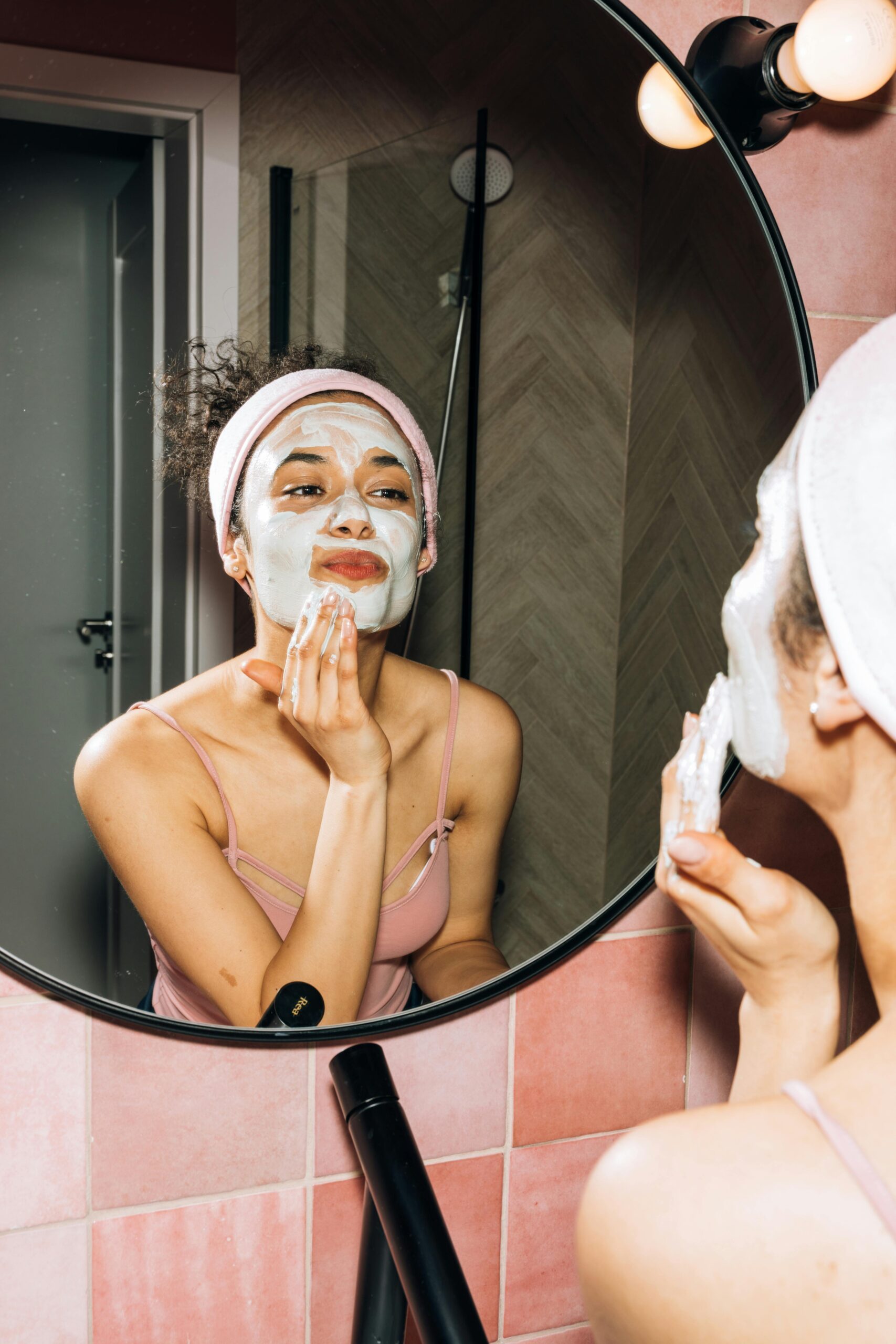
How Do I Stop Acne Prone Skin Acne can be a persistent and frustrating issue for many people. However, with the right information, a consistent skincare routine, and lifestyle changes, it is possible to reduce and even prevent acne flare-ups significantly. Below, we delve into effective, science-backed strategies for managing acne-prone skin. These include skincare routines, dietary modifications, lifestyle tips, and professional treatments that can help you achieve clearer, healthier skin.
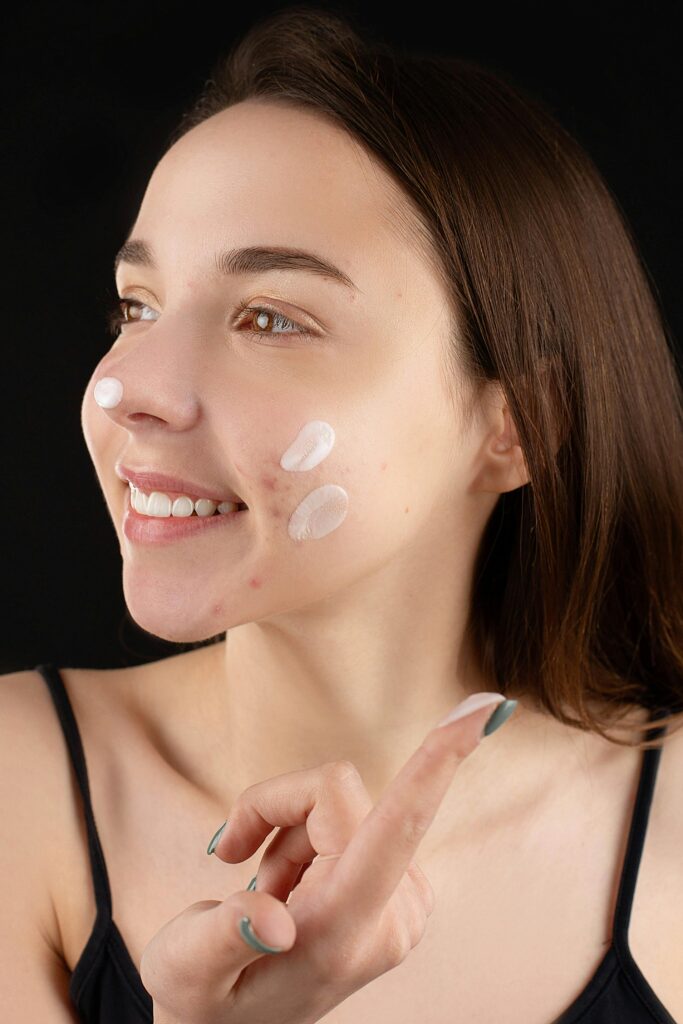
Understanding Acne-Prone Skin
Acne occurs when hair follicles become clogged with oil, dead skin cells, and bacteria. People with acne-prone skin tend to have a higher rate of sebum production, leading to more clogged pores and an increased risk of breakouts. Hormonal fluctuations, stress, diet, and even genetics play a role in the severity and frequency of acne. By targeting these root causes, you can gain control over your skin.
1. Adopt a Consistent Skincare Routine
Cleanse Gently but Thoroughly
A twice-daily cleanse is essential to keeping pores free of excess oil, bacteria, and dead skin cells. Opt for a mild, sulfate-free cleanser that removes dirt without stripping the skin of its natural oils. Avoid over-cleansing, as this can increase oil production, causing more breakouts.
Use an Exfoliating Product Sparingly
Exfoliation helps remove dead skin cells, allowing your skin to breathe and absorb treatments more effectively. For acne-prone skin, choose chemical exfoliants containing salicylic acid or glycolic acid. Salicylic acid penetrates the pore lining, clearing out debris, while glycolic acid helps with cell turnover. Aim to exfoliate 1-2 times a week to avoid irritation.
Moisturize with Non-Comedogenic Products
Hydration is crucial for all skin types, even oily and acne-prone skin. Use a non-comedogenic moisturizer that hydrates without clogging pores. Lightweight, oil-free gels or water-based moisturizers are often ideal.
Incorporate Acne-Fighting Ingredients
Look for treatments with proven acne-fighting ingredients like benzoyl peroxide, which reduces bacteria, and retinoids, which promote cell turnover. Apply these products only on areas prone to breakouts, and always follow usage directions, as these ingredients can be drying if overused.
2. Optimize Your Diet for Clearer Skin
Limit Sugar and Processed Foods
Studies suggest a connection between high glycemic index foods (like sugar and processed carbs) and increased acne severity. High blood sugar levels spike insulin, which may lead to increased oil production and inflammation. Reducing sugar intake, processed foods, and sugary drinks can positively impact skin health.
Incorporate Anti-Inflammatory Foods
Include foods rich in omega-3 fatty acids (such as salmon, chia seeds, and walnuts), which help combat inflammation. Vegetables high in antioxidants, such as leafy greens and berries, may also help reduce acne.
Stay Hydrated
Water is essential for overall skin health. Hydration helps in detoxifying the skin and maintaining moisture levels. Aim for at least 8 glasses of water per day to support skin repair and resilience.
3. Practice Healthy Lifestyle Habits
Reduce Stress Levels
Stress is a known trigger for acne as it increases cortisol levels, which can stimulate oil glands and lead to more breakouts. Engage in stress-relieving activities, such as yoga, meditation, or regular exercise, which are beneficial for both your body and your skin.
Avoid Touching Your Face How Do I Stop Acne Prone Skin
Constantly touching your face transfers bacteria and dirt to your skin, which can lead to breakouts. Avoid picking or squeezing pimples, as this can worsen inflammation and lead to scarring. Use clean hands if you must touch your face for skincare application.
Ensure Regular Exercise
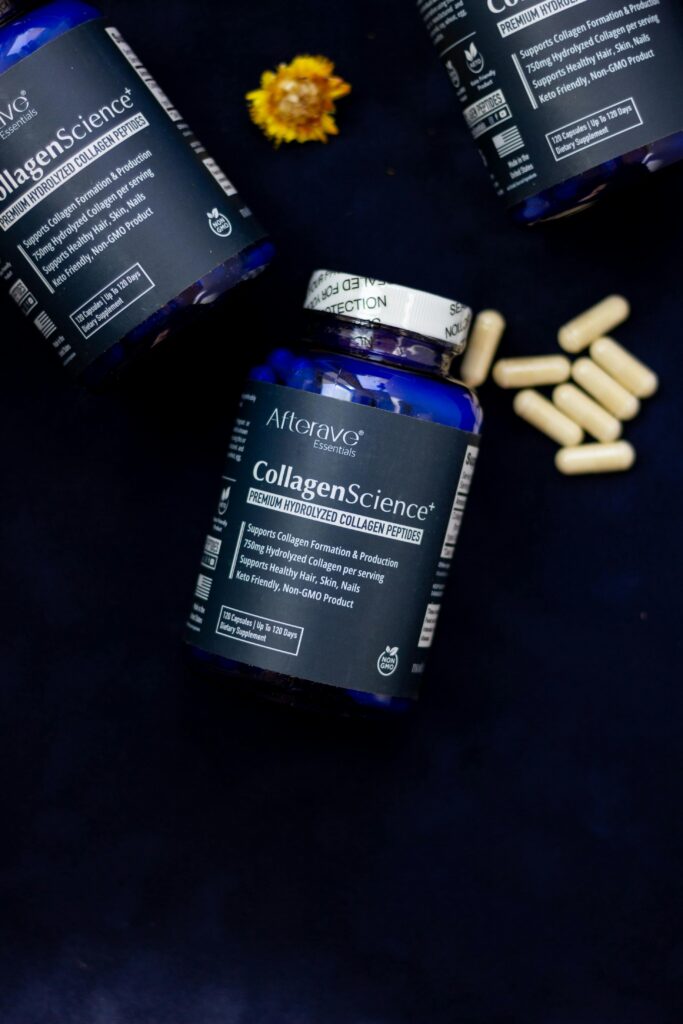
Exercise improves blood circulation, delivering oxygen and nutrients to the skin. Regular activity also promotes sweat, which can help flush out toxins, as long as you cleanse your skin after workouts. Opt for a gentle cleanser post-exercise to remove any sweat and grime without stripping the skin.
4. Seek Professional Treatments for Severe Acne
If over-the-counter solutions aren’t effective, professional treatments may be necessary.
Chemical Peels How Do I Stop Acne Prone Skin
Chemical peels involve applying a solution that exfoliates the skin more intensively. Ingredients like alpha-hydroxy acids (AHAs) or beta-hydroxy acids (BHAs) penetrate deeply, reducing inflammation and acne lesions. This treatment is typically done by a dermatologist for best results.
Laser and Light Therapy
Light-based therapies, such as blue light therapy, target acne-causing bacteria, while lasers can help reduce inflammation and acne scars. Laser treatments are highly effective but may require multiple sessions and carry a higher cost.
Oral and Topical Prescription Medications
For moderate to severe cases, prescription treatments, including antibiotics, retinoids, or oral contraceptives (for women) can help regulate hormones and reduce acne. Dermatologists may recommend these treatments based on individual skin needs and acne severity.
5. Common Myths about Acne-Prone Skin
Myth: Only Teenagers Get Acne
Acne can occur at any age, especially with hormonal changes or stress. Adult acne is common and can be managed with the right skincare routine.
Myth: Sun Exposure Helps Clear Acne
While sun exposure may temporarily dry out pimples, it ultimately causes more harm than good by damaging skin and increasing oil production. Always use SPF 30 or higher to protect your skin without clogging pores.
Myth: All Oils Cause Breakouts
Not all oils are comedogenic (pore-clogging). Some, like jojoba oil or rosehip oil, can benefit acne-prone skin by providing moisture and soothing inflammation. Choose oils carefully, especially if they’re part of a skincare product.
6. Building a Sustainable Routine
Patch Test New Products How Do I Stop Acne Prone Skin
Always patch-test new products to ensure they don’t cause irritation or breakouts. Apply a small amount on your forearm or behind your ear before using it on your face.
Give Products Time to Work How Do I Stop Acne Prone Skin
It can take several weeks to see results with acne treatments. Consistency is key, so stick with products as recommended and resist switching frequently, which can irritate your skin and disrupt its natural balance.
Keep Your Environment Clean
Regularly clean your pillowcases, towels, and phone screens to reduce bacteria exposure on your skin. These small changes can make a noticeable difference in minimizing breakouts.
Conclusion
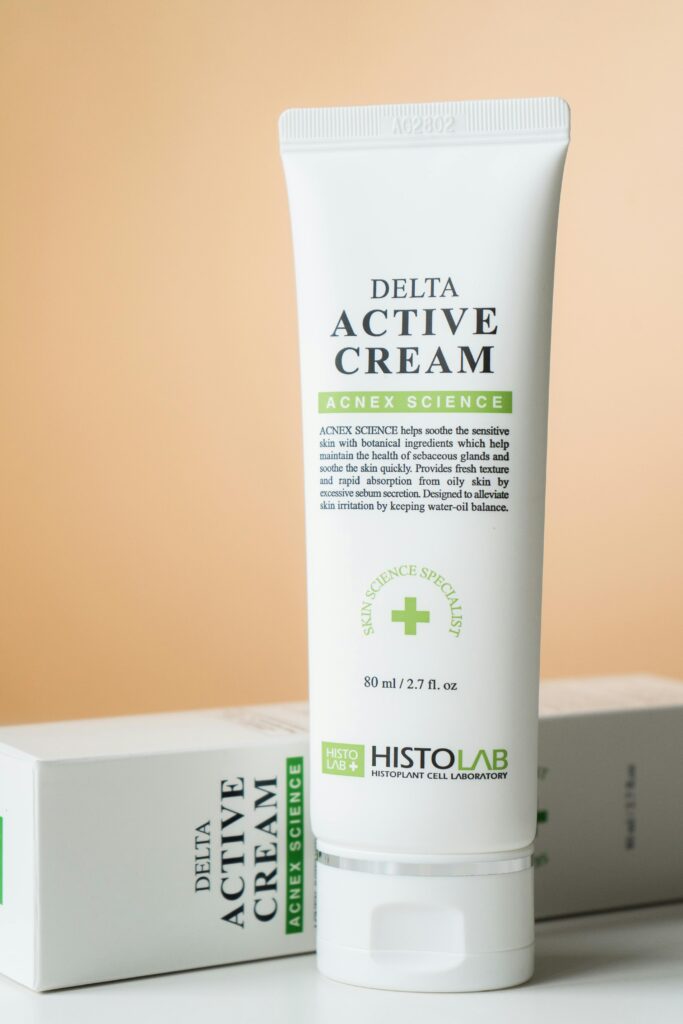
Managing acne-prone skin requires a combination of a consistent skincare routine, a balanced diet, stress management, and, if necessary, professional treatments. By implementing these steps and focusing on a long-term approach, you can achieve clearer, healthier skin and reduce the frequency of acne breakouts. Remember, patience and consistency are your greatest allies in fighting acne.

Assalamu Alaikum.. I am Mohammad Sojib I have been working in fashion for a long time I am in US and UK and I write about this topic in many places. I have been working and working on this topic for a long time
And I am a blogger I have been blogging about fashion for a long time in different places.







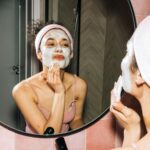
Leave a Reply